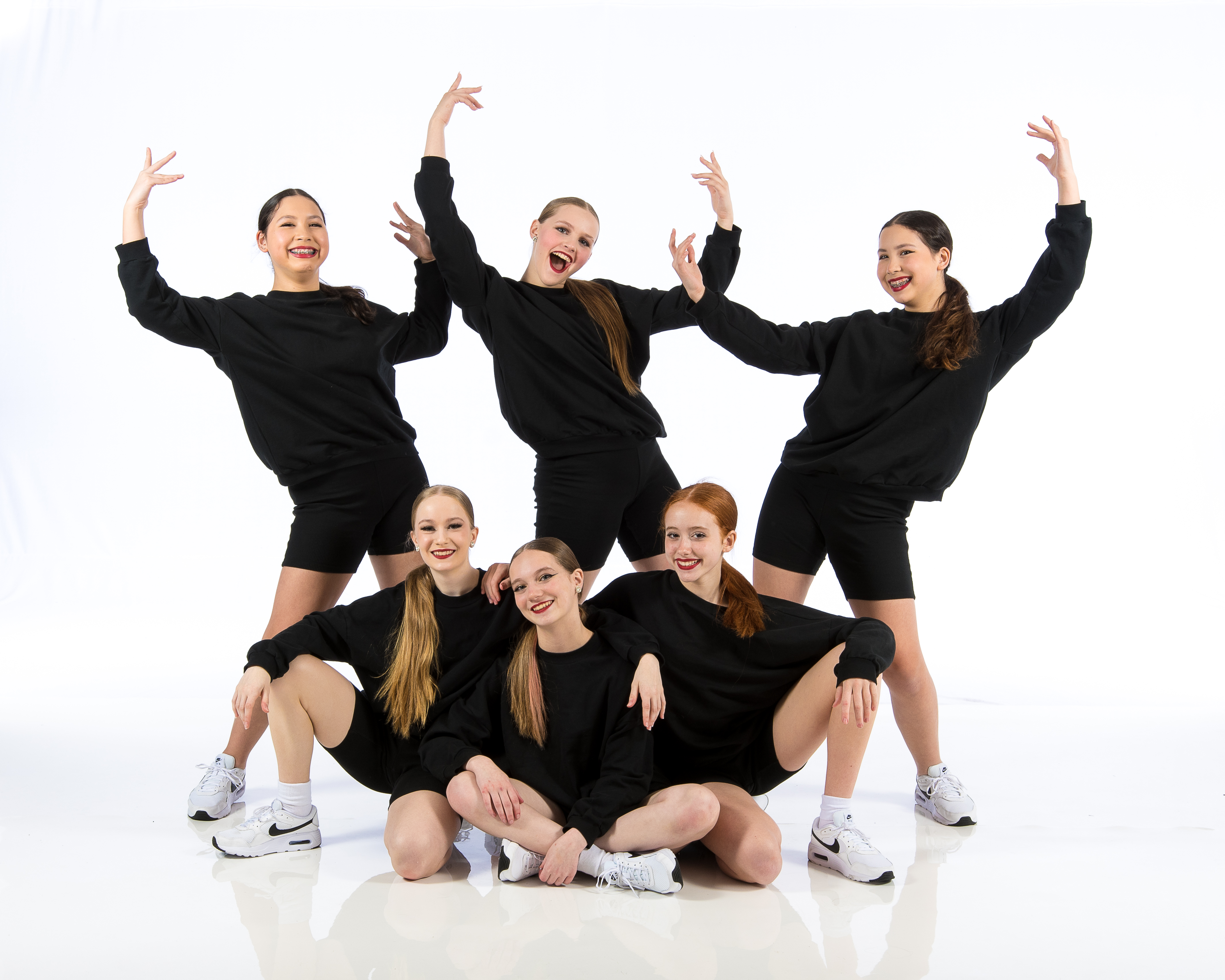Introduction
Transitioning from a dance studio can be an emotional journey filled with nostalgia, reflection, and anticipation for what lies ahead. For many dancers, studios represent more than just a physical space; they embody years of hard work, friendships formed, and cherished memories. As the curtain falls on this chapter of their lives, the question arises: what comes next? In this detailed article, we'll delve into the various avenues that open up after leaving a dance studio. Whether it’s pursuing a career in professional dance, teaching others, or exploring completely different paths, there’s no shortage of opportunities.
The Dance Studio Experience: A Foundation for Future Endeavors
What Makes Dance Studios Unique?
Dance studios are vibrant spaces where creativity flourishes. They serve as sanctuaries for expression and personal growth. The experience gained here is invaluable. Dancers learn not only technical skills but also discipline, resilience, teamwork, and leadership.
Building Relationships and Community in Dance Studios
One of the most significant aspects of any dance studio is the community it fosters. Dancers form bonds that often last a lifetime. These connections can lead to collaborations in future projects or even lifelong friendships.
Skill Development: More than Just Dance Moves
While mastering choreography is essential, the skills acquired in dance studios extend beyond movement. Critical thinking, problem-solving during performances, and physical fitness all play vital roles in shaping individuals who can tackle challenges outside the studio.
A New Chapter Begins: What’s Next After the Dance Studio?
After spending countless hours perfecting routines and performing on stage, Dance Studio near me dancers find themselves at a crossroads. They must assess their experiences and decide on their next steps.
Exploring Professional Dance Opportunities
1. Auditions for Professional Companies
For those aspiring to take their talents to the next level, auditioning for professional companies is often a primary goal. This involves rigorous preparation—perfecting routines and honing performance skills.
2. Freelance Dancing: Pros and Cons
Freelance dancing offers flexibility but also comes with uncertainties like inconsistent income. It allows dancers to explore diverse projects ranging from music videos to theatrical productions.
3. Choreography as a Career Path
Many dancers find great satisfaction in creating their own pieces. Becoming a choreographer involves understanding both movement and storytelling while maintaining an artistic vision.
Teaching: Sharing Knowledge from the Dance Studio Experience
1. Opening Your Own Studio
After soaking in years of knowledge from existing studios, opening your own dance studio may seem like a natural progression for some dancers. This venture requires business acumen alongside teaching talent.
2. Becoming an Educator at Established Schools
Teaching at established schools allows you to share your love of dance without managing all aspects of running a business. You can inspire younger generations while still being part of a community.
3. Online Teaching Platforms: A Modern Approach
With technology advancing rapidly, online teaching has emerged as an excellent alternative for sharing your expertise with students worldwide through virtual classes and tutorials.
Pursuing Higher Education Opportunities in Dance or Related Fields
1. College Degrees in Dance Performance or Education
Many dancers choose to pursue higher education degrees focusing on areas like performance or education to deepen their knowledge while enhancing career prospects.

2. Specialized Programs: Business or Health Sciences Related to Dance
For those interested in combining their passion for dance with other fields such as health sciences or business management, specialized programs offer pathways that intertwine these interests.
Exploring Alternative Careers Outside Traditional Dance Paths
1. Fitness Training: Merging Movement with Health
Many dancers transition into fitness training careers by leveraging their extensive knowledge of body mechanics and movement principles learned in dance studios.
2. Artistic Direction in Performing Arts Organizations
Dancers often possess valuable insights into artistic direction due to their immersive experiences in studios; this can lead them toward roles that shape future performances rather than executing them.
3. Event Planning: The Intersection of Artistry and Logistics
Event planning allows former dancers to utilize creative skills while organizing showcases or competitions—bridging gaps between art forms seamlessly!
Frequently Asked Questions (FAQs)
1. What should I do if I want to continue dancing after leaving my studio?
Explore local companies or consider freelance opportunities! Many options exist that allow you to keep dancing while building your resume further.
2. How do I know if I'm ready to teach?
If you feel confident about sharing your knowledge with others and are passionate about helping students grow—you're likely ready! Consider gaining experience through assistant teaching roles first.
3. Is it possible to perform professionally without formal training?
Absolutely! While formal training offers advantages like technique improvement & networking opportunities—many successful performers have forged paths based on raw talent & dedication alone!
4. Can I combine my love for dance with another career?
Yes! Many professionals successfully blend passions by pursuing dual careers—combining artistry with entrepreneurship can pave exciting pathways!
5. What's the best way to prepare for auditions?
Practice extensively & seek feedback from trusted mentors! Additionally, researching specific company styles will equip you better during auditions!
6. Are there scholarships available for further studies related to dance?
Definitely! Numerous institutions offer scholarships targeting aspiring dancers seeking advanced education—research options within colleges/universities you're interested in attending!
Conclusion
As we conclude our exploration into what lies beyond the dance studio walls—a new chapter begins filled with endless possibilities awaits every dancer ready to embark on fresh adventures post-studio life! Be it through professional engagements; teaching opportunities; educational pursuits; alternative careers; or entrepreneurial ventures—the essence remains constant: passion drives purpose! Embrace each opportunity wholeheartedly because who knows where this journey might lead?